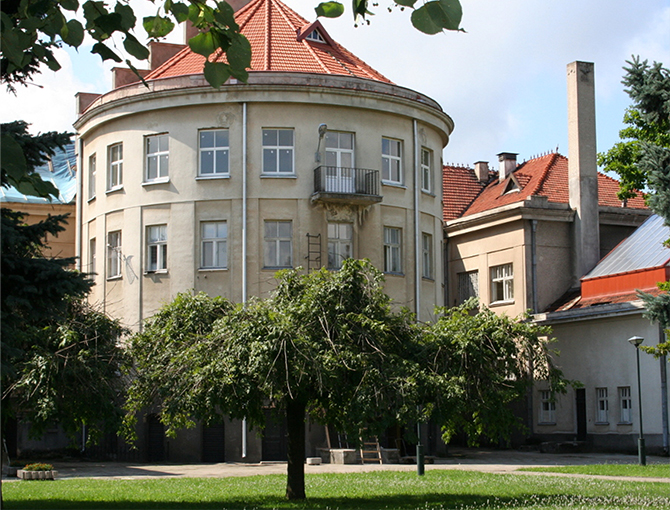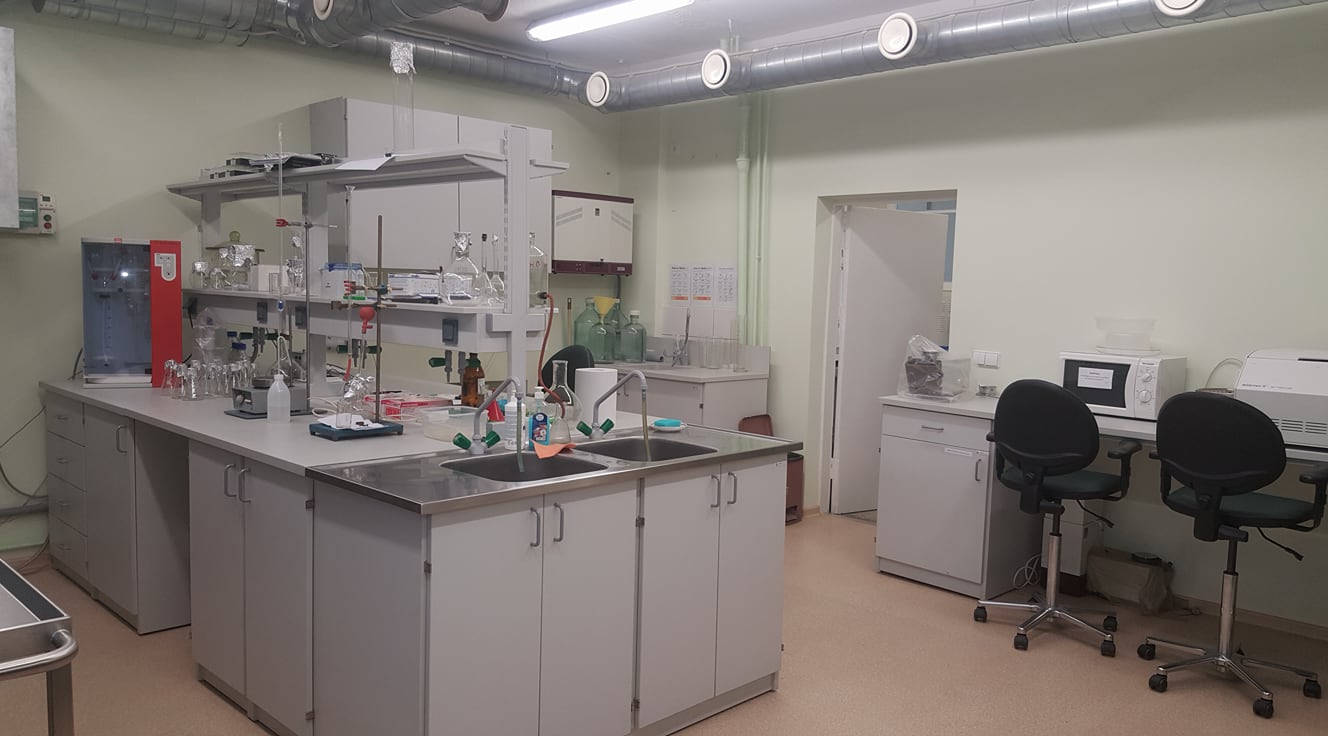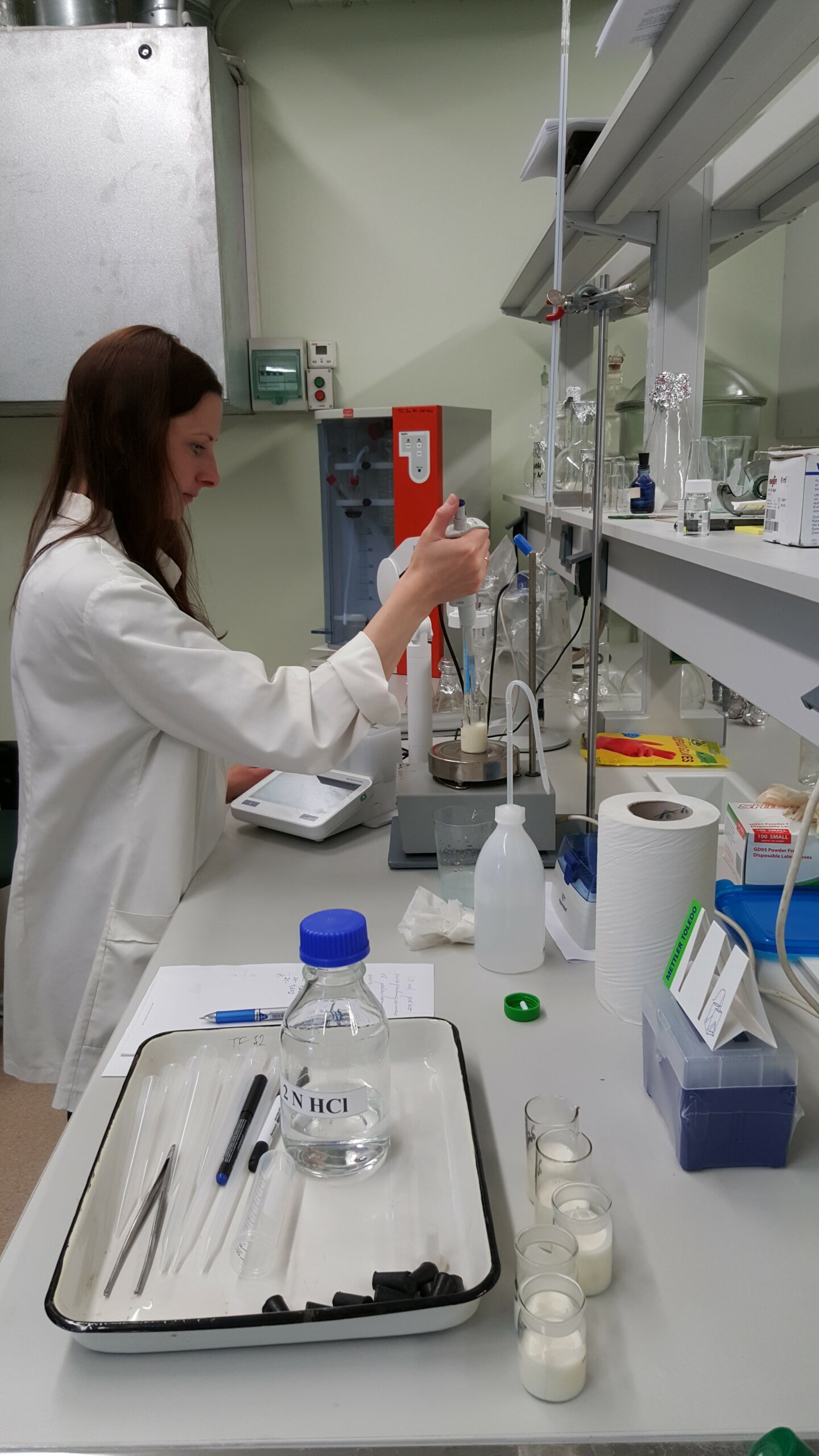The teaching staff of the Department deliver courses to the integrated, first-cycle full- and part-time students at the Faculties of Veterinary Medicine, Animal Science, and Medicine.
Study programmes at the Faculty of Veterinary Medicine
Students of the integrated study programmes Veterinary Medicine (VM) and Veterinary Medicine (for Foreigners) (VMU) are taught Biology, Anatomy, Histology, Physiology, and Immunology courses under the following modules coordinated by the teaching staff of the Department: Life Sciences I, Locomotor System, Life Sciences II, Cardiovascular, Lymphatic and Respiratory Systems, Neuroendocrine System and Senses, Reproduction, and modules coordinated by other Departments: Metabolic System, Infection and Immune Response, and Microbiology, Virology and Parasitology.
Human and Animal Physiology is taught to the first-cycle full- and part-time students of Food Science.
Courses are taught to the first-cycle full- and part-time students of the Veterinary Food Safety study programmes: Morphology, Physiology, Applied Biology, Microbiology, and Immunology.
Study programmes at the Faculty of Animal Science
Courses taught to the first-cycle full- and part-time students of Animal Science: Applied Biology and Ecology, Animal Morphology, and Animal Physiology.
Courses taught to the first-cycle full- and part-time students of Animal and Human Interaction: Animal Biology, Animal Morphology and Physiology, Immunology.
Study programmes at the Faculty of Medicine
Courses taught to the first-cycle full- and part-time students of the Medical and Veterinary Genetics study programmes: Anatomy of Human and Laboratory Animals, Human and Animal Physiology, Bioethics, and Animal Science.
Courses taught to the first-cycle full-time and part-time students of the Medical and Veterinary Biochemistry study programmes: Anatomy of Human and Laboratory Animals, Human and Animal Physiology, Bioethics, and Animal Science, Cell Biology.
The Department also delivers elective courses.
The teaching staff of the Department also supervise Bachelor’s and Master’s theses in Veterinary Medicine, Food Science, Veterinary Food Safety, Animal Science and Animal and Human Interaction study programmes.
The researchers at the Department are also actively involved in the implementation of third-cycle studies (doctoral studies) in Agricultural Sciences (Veterinary Medicine and Animal Science) and teach the following doctoral courses:
- Laboratory animals, welfare aspects, and their use of research and educational purposes (A002)
- Specifics of physiological functions of different animal species (A002)
- Comprehensive morphological analysis of body regions in livestock (A002)
- Comparative animal physiology (A003)
The Department organises an annual 80-hour training course for researchers, scientists, and teachers on the “Requirements for the keeping, care and use of animals used for scientific and educational purposes” (No KMU 777).
The staff of the Department participate in educational activities (the science festival “Spaceship Earth”, the “Gifted Pupils” education programme, etc.).



